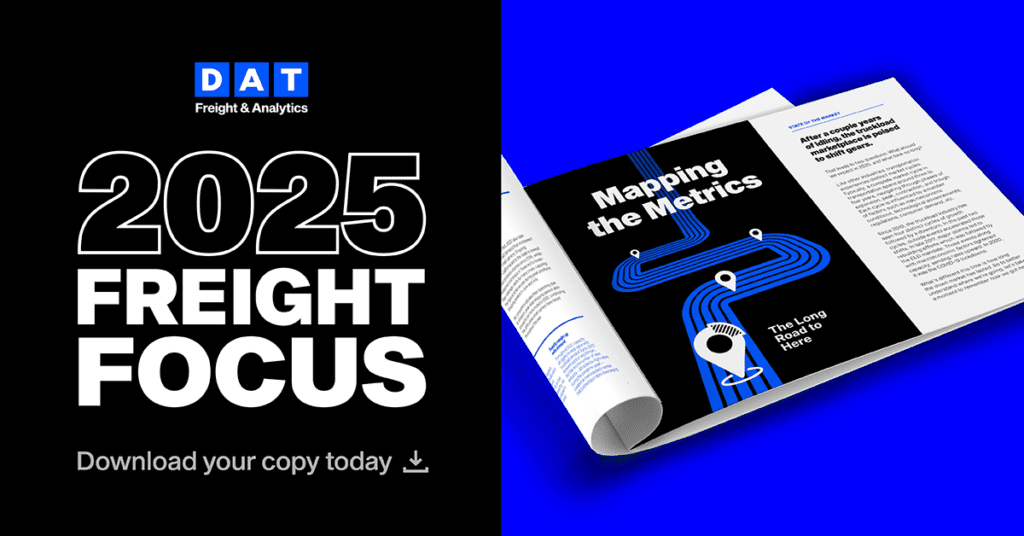Hurricane Harvey is expected to hit South Texas and the Gulf Coast tonight or tomorrow morning, and it may remain in place for days. If it remains a Category 4, Harvey will be the first such storm to make landfall in the U.S. 13 years, and the first to hit Texas since 1961. Hurricane Katrina, which devastated New Orleans and other parts of the region in 2005, came ashore as a Category 3.
Harvey’s winds may exceed 100 miles per hour, and 10 to 15 inches of rain — or up to 40 inches in some locations — coupled with a storm surge from the Gulf, will likely cause flooding in Corpus Christi, Houston, and other cities as far north and east as Baton Rouge, LA.
A report on Bloomberg.com describes the potentially catastrophic damage:
Category 4 winds will tear walls and roofs off well-built frame houses, snap or uproot most trees and tear down power lines and poles, causing outages that can last for week and sometimes months, according to the National Hurricane Center. Many people may find themselves isolated due to debris and flooding.
Oil refineries and drilling platforms are also located in the hurricane’s path, as is the Houston Ship Channel, which could well affect fuel prices and cargo movements, respectively, according to Bloomberg.
If you live or work near the expected path of this please follow instructions to evacuate or seek shelter in a secure location.
Here are some emergency contacts for your business:
For Carriers:
For Freight Brokers: The Transportation Intermediaries Association (TIA) support American Logistics Aid Network (ALAN) which helps to find warehouse space, transportation and material handling equipment. Contact Kathy Fulton, ALAN executive director, at 863.668.4238 or Kathy@ALANaid.org

